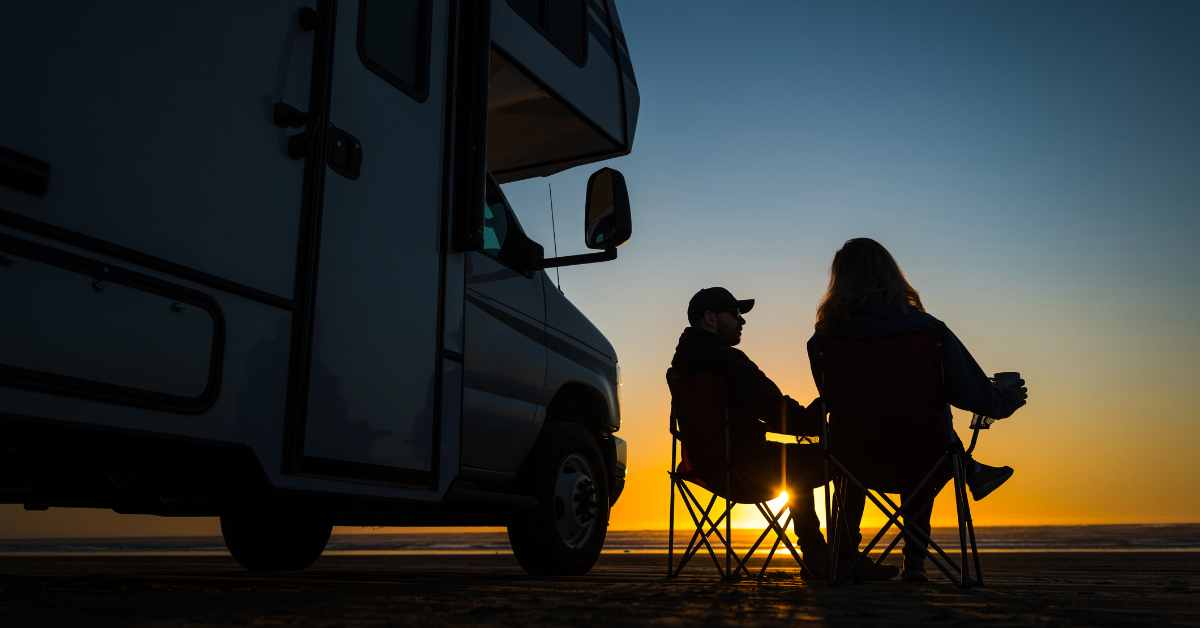Summer is peak RV season in New York, and whether you’re heading to the Adirondacks, camping at your favorite seasonal site, or exploring cross-country, it’s important to make sure your RV is properly insured before you travel.
What Kind of Insurance Does an RV Need?
If you own a motorized RV (Class A, B, or C), New York State requires the same minimum liability coverage as a standard vehicle. That includes:
Bodily Injury Liability (BI) covers injuries you cause to others in an accident. The state minimum is $25,000 per person and $50,000 per accident.
Property Damage Liability (PD), which covers damage you cause to someone else’s vehicle or property, with a required minimum of $10,000 per accident.
Uninsured Motorist (UM) coverage, which helps with medical expenses for you and your passengers if you’re hit by someone without insurance. The required limits are $25,000 per person and $50,000 per accident.
Personal Injury Protection (PIP) covers medical costs for you and your passengers, regardless of who was at fault. New York requires a minimum of $50,000 per accident.
If you tow a trailer or camper, liability typically extends from your auto policy, but you may want separate physical damage coverage for added protection.
Optional Coverage Worth Considering
- Comprehensive & Collision – Covers damage from accidents, weather, or theft.
- Vacation Liability – Protection while parked at a campground.
- Personal Belongings – Covers gear, tools, and valuables inside the RV.
- Emergency Expense – Pays for lodging or meals if your RV breaks down.
- Roadside Assistance – Essential for remote trips and unexpected issues.
- Full-Timer Coverage – If your RV is your primary home.
Special Considerations for Seasonal Campers
If you lease or rent a seasonal campsite and leave your camper there for an extended time, your insurance needs may look different:
- Liability Requirements – Many campgrounds require proof of personal liability insurance for the site you lease.
- Decks, Sheds, and Other Structures – If you’ve added a deck, shed, or other improvements, be sure those are properly covered. Some insurance companies allow us to write the camper as a mobile home to include coverage for “other structures.”
- Golf Carts – Frequently used on larger campground properties, golf carts may need separate physical damage and liability coverage.
Every situation is different—whether you’re traveling, parked for the season, or doing a mix of both.
Seasonal Use & Storage
If your RV is parked during the winter months, storage-only insurance can protect it from fire, theft, or storm damage at a reduced rate. Make sure you maintain coverage throughout all season, as off-season risks still exist.
Contact Us for a Quote or Coverage Check Today
Before your next trip, review your current coverage with Metzwood Insurance or contact us for a quote. Let us help you stay protected every mile of the way.
Share this article!


